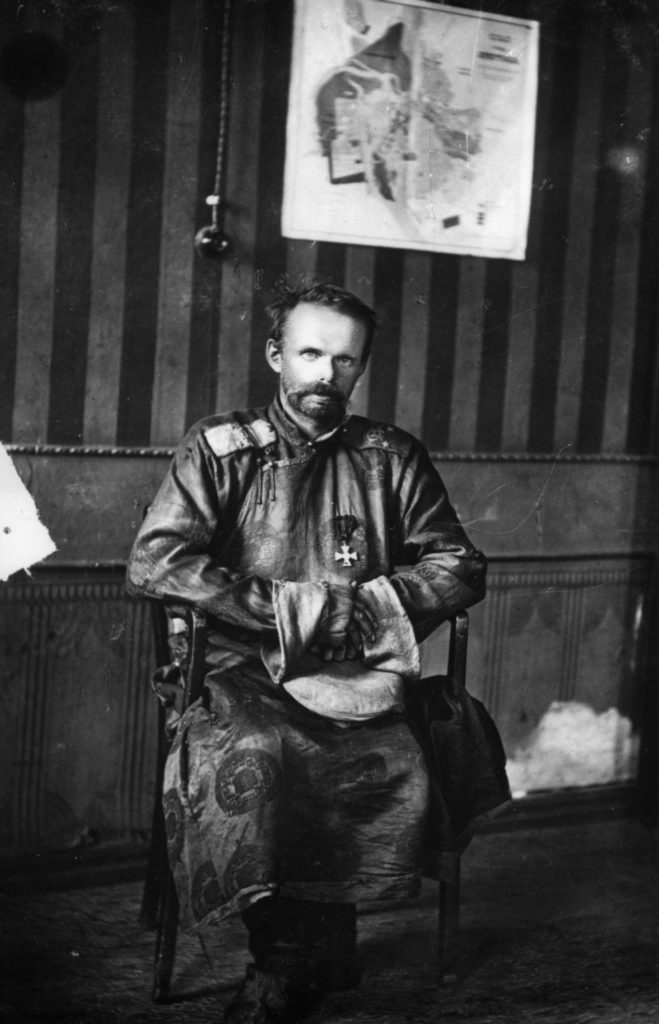Albert Einstein.
His heart and desire for ethics as well as his genius have always inspired me.
You can't get there from here, because when you get there you're still here and here is now there. Kapitän zur See Hans Langsdorff, Captain of the warship, Admiral Graf Spee.
"Langsdorff and Admiral Graf Spee were extremely successful, stopping and sinking nine British merchant ships, totalling over 50,000 tons. Langsdorff adhered to the Hague Conventions and avoided killing anyone; his humane treatment won the respect of the ships' officers detained as his prisoners."
"Those who cannot remember the past are condemned to repeat it." George Santayana
Harriet Tubman
Worked on the underground railroad. During the Civil War, she was a spy for the Union and led a raid freeing many slaves. After the war, she worked for women's sufferage. A remarkable woman.
Etta James
She was a phenomenal woman and singer. Wrote as well, was underappreciated, IMO. (As a singer) She went through a lot.
Patsy Cline too. No voice is purer.






















.jpg)








